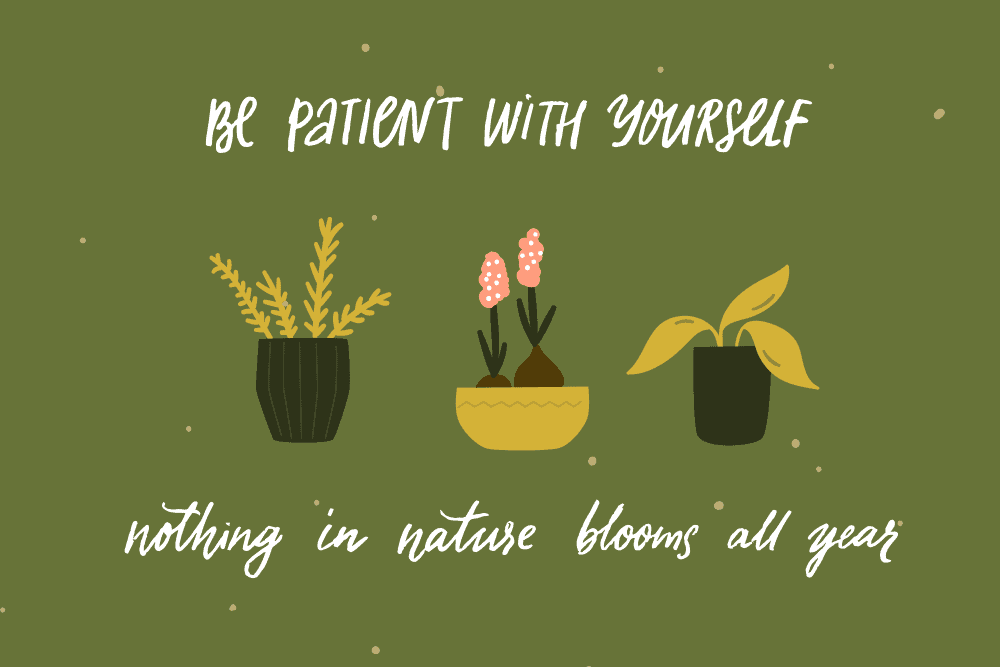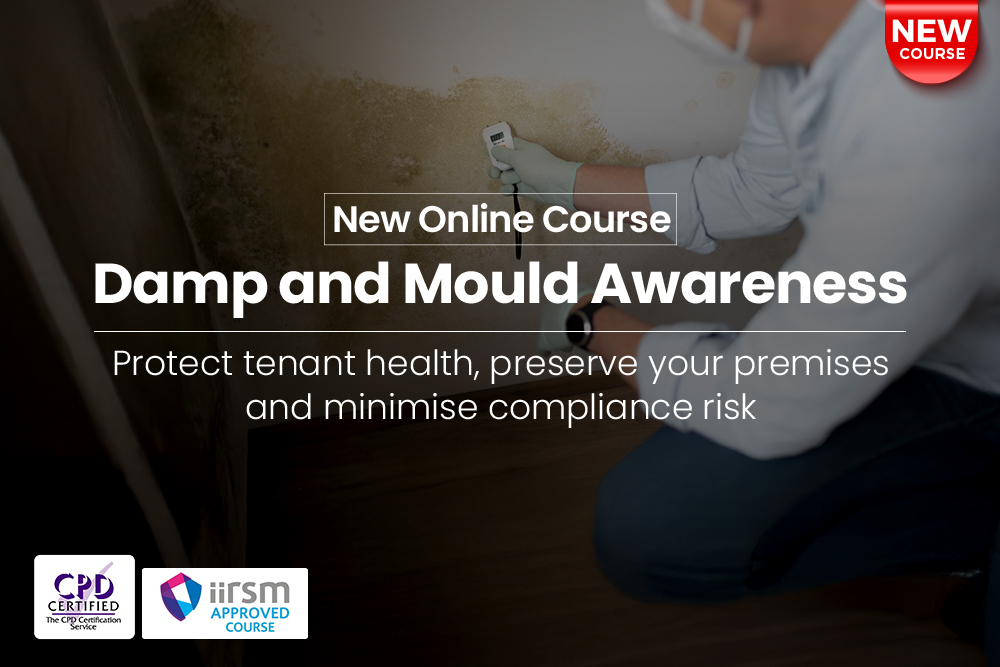
Do you sometimes feel overwhelmed with anxiety or obsessive brooding over events that have happened in the past? Don’t let your thoughts and feelings fester and become a mental health issue. Leaving your mental health unchecked could allow it to get worse and negatively impact all areas of your life. So, it’s time to talk about it.
However, talking about ourselves is not always easy, especially when we’re in a negative head space. The good news is, journaling is always there for you.
Writing about your negative thoughts and emotions can be as beneficial as counselling, for your physical and emotional health. The mental health journal prompts in this blog will help you to get started on the road to offloading your mental baggage.
What is a Mental Health Journal?
A mental health journal is a safe place for you to write out your thoughts and feelings. It’s a therapeutic way of exploring anxious or negative thoughts, because when you read them later on, you may realise things aren’t always bad, and your perspective can take a positive turn. Journals can be particularly helpful for those with mental health issues.
You can do as much journaling as you think is helpful, but just spending a few minutes a day may be all that’s needed.
You don’t even need a physical journal to get started. You can make notes in your phone, scribble on some scrap paper, a napkin, anything, if you feel you need to get some thoughts out of your head, get them out.
Journaling Prompts for Mental Health
It’s not always easy to know where to start with mental health journaling, so here’s some prompts you can use.
1. Recount Your Day
The main aim with a journal is to get the thoughts and feelings that you’ve experienced throughout the day, out of your head.
With this mental health prompt, try to make a connection between events that happened and how they made you feel. This can help you recognise trends in your behaviour and how your mental health is affected by them. Basically, you’re writing out a list of the day’s feelings.
2. Don’t Ignore the Negatives
When listing out your feelings, mark the times you felt anxious, and describe why you think it made you feel that way. You can start by writing – “I get anxious when…”. If you keep doing this day after day, you could start to see patterns and triggers, so you can better understand the causes of your distress. This General Anxiety Disorder Infographic might also be helpful.
3. Focus on the Positives
Moving on from the negatives, you should jot down things you’re grateful for. It can be hard, due to the stresses and busyness of life. It can be especially difficult if you have mental health issues or illness. But you should find the time to do it.
Identifying positives in your life can be a quick way to improve your mental health because it illustrates that it’s not all doom and gloom. Research has shown that people with an attitude of gratitude tend to have less mental health problems.
4. Describe the Best Compliment You’ve Ever Gotten
Let’s stick with the positives for a second – what was the nicest thing someone said to you, or about you? Use your journal to revisit these happy moments.
How did it make you feel? What happened exactly? – Describe the moment. Remembering the good things about yourself can help, especially on long or difficult days.
5. Identify Coping Mechanisms
If you’ve had mental health issues for a while, you’ve probably developed some coping mechanisms. A coping mechanism is a behaviour or strategy that helps you deal with stress or negative emotions. An example would be, focusing on your breathing during a panic attack.
In your journal, list your coping mechanisms. Evaluate which ones work by putting a number between one and ten next to each of them, based on how effective they are. If certain mechanisms aren’t really working, you can retire them.
6. Set a Goal
It’s good to have direction. It allows you to focus on something other than your negative thoughts. If you’re working towards something, either personally or professionally, write it down.
Write out how you’re planning on reaching that goal. This can keep you motivated and on track. Your goal might be to improve your mental health. How will you go about this? How can you measure if you’re successful?
If you need some help with setting goals, you can take this SMART Objective Setting training course.

7. Write to Yourself
You can use your mental health journal to write letters to yourself.
Mental illness can affect how you see your own body, be it positively or negatively. Address your body image, by writing a love letter, a letter of complaint, or a letter of apology.
Recognising the type of relationship you have with your body will help you work towards fixing your negative perceptions.
It’s also a good idea to write yourself a message for the next day. You could do this on a reminder app on your phone, or on a post-it-note stuck where you’ll see it. Bad mental health days can happen randomly. So, make the message something positive or inspirational, something that will help pull you out of a bad head space.
8. How Different Were You Five Years Ago?
As people, we’re always changing, and it can be easy to forget how you’ve grown over the years. So, recognise how you’ve changed and write it down. Give yourself credit for being better and wiser than you were. If you have feelings of regret about how you’ve changed, try to write down what events have caused this and explore what your feelings were at the time – once again, it’s about getting those thoughts and feelings out of your head so you can start to process them.
9. How Would You Describe Yourself to a Stranger?
Try this. Imagine a stranger has just asked you to describe yourself. What would you say? What are your likes and dislikes? What are your strengths and weaknesses? Basically, identify how you think of yourself. Often, we see ourselves in a very different light to those around us. You may be surprised at the results.
10. Stream of Consciousness
Stream of consciousness isn’t really a prompt. It’s pretty much the opposite. It involves allowing yourself to write without being confined by grammar, structure or tone. Your thoughts should just flow freely onto the page without worrying about readability. It’s truer to how our thoughts rattle around our heads. Getting them down like this could help make sense of them.
Mental Health Training
Journaling can help you massively, however it shouldn’t replace mental health treatment, if you need it.
It’s also vital that we recognise that these are workplace issues, as well as personal ones. Learning to support ourselves, and each other, is essential. Mental health awareness training can be a great resource. It will help you understand more about your own mental health.
































































































































































































































































































































































































































































































































































































































































































































































